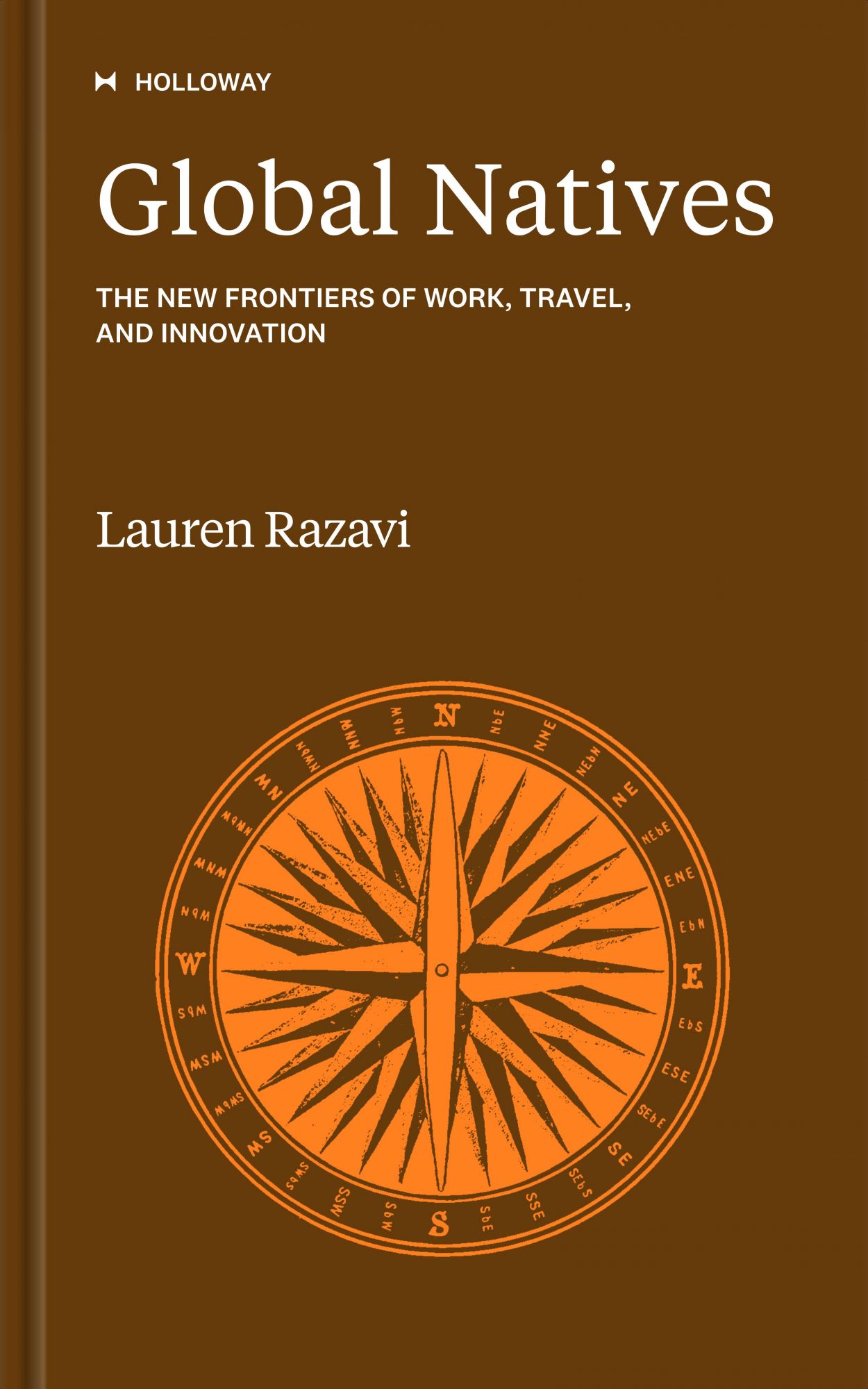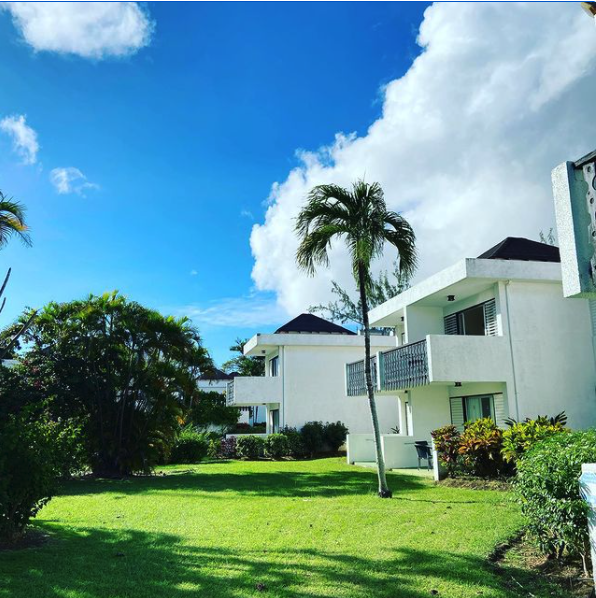Covid has accelerated the digital nomadism trend, as remote-work visas legitimise the experience and open up a world of possibilities
Being a digital nomad isn’t a new concept. Consider author and speaker Lauren Razavi, who has been taking advantage of digital tools to work from wherever suits her since 2010.
“It has given me the chance to develop a more global, cross-cultural understanding of what’s happening in the world,” says Razavi, who is half-British and half-Iranian.
What is new, however, is the rise of the remote-work visa. With countries reeling from the collapse of tourism, a growing number are looking to attract overseas professionals for extended stays, as long as they’re engaged in work for businesses based elsewhere.
“Governments hope nomads’ spending can bolster local economies and help build stronger business ecosystems,” says Razavi, author of the forthcoming book, Global Natives: The New Frontiers of Work, Travel and Innovation. “Nomads tend to stay longer in a place and are more likely to integrate with host communities, making them more attractive visitors than tourists.”


Caribbean and European nations have been leading the charge, along with the United Arab Emirates and Mauritius. While no Asian country has used the term ‘remote-work visa’ or ‘digital nomad visa’ yet, Malaysia offers an MTEP visa specifically for entrepreneurs, and Indonesia and Thailand have similar visa proposals in the works.
For entrepreneurs, the benefits of digital nomadism include being able to live and work flexibly across borders. They can expand their networks, tap into the local talent pool and uncover business ideas and investment opportunities by being on the ground.
There’s also an important clarity that comes from being able to secure a dedicated remote-work visa, which typically lasts 12 months and provides local income tax waivers.
“Before these launched, digital nomads were—and some still are—travelling on tourist visas, which means they have often been working in countries illegally or in a grey area,” says Dave Cook, an anthropologist at University College London who is conducting a seven-year study on the topic. “Remote-work visas legitimise digital nomadism.”
Not only do remote-work visas create legitimacy, they also come at a time when companies are providing greater flexibility and many people are reassessing how, why and where they want to work in the wake of Covid.

